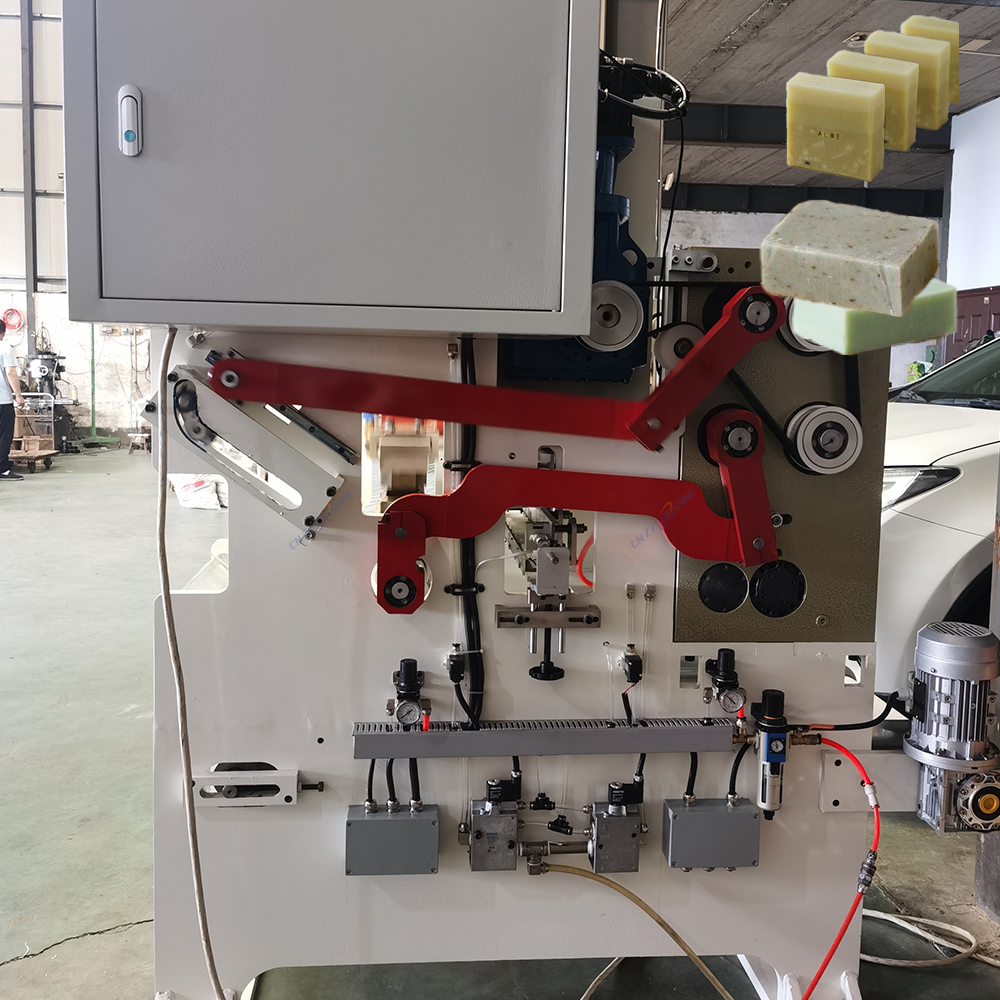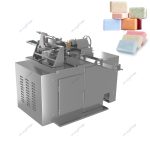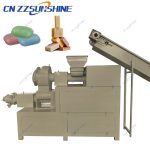The soap making production line represents a significant advancement in industrial manufacturing, enabling factories to produce consistent, high-quality bar soaps efficiently. At its core, this automated system integrates several key components, such as the soap mixer for blending raw materials like oils and lye, the vacuum plodder for extruding and de-aerating the mixture to ensure smooth texture, and the automatic soap cutter for precise sizing. This integration minimizes human error and maximizes output, making it ideal for applications like laundry soap making lines or toilet soap finishing lines, where uniformity and speed are critical.
Modern soap production lines incorporate technologies like the vacuum plodder to eliminate air bubbles, enhancing the soap’s durability and appearance. For instance, in a laundry bar soap production line, the vacuum plodder ensures the final product is free of imperfections, while an electric washing soap cutter allows for quick, clean cuts without manual intervention. This automation not only boosts daily production rates but also reduces operational costs by up to 30%, as seen in facilities using bath soap making machines. Additionally, custom soap cutting machines can be tailored to specific shapes and sizes, supporting diverse product ranges from beauty soap making lines to industrial-scale outputs.
Beyond efficiency, these systems prioritize safety and sustainability. The soap mixer in such a line uses enclosed designs to prevent chemical exposure, and energy-efficient components lower environmental impact. As demand grows for reliable toilet soap finishing lines, investing in a comprehensive soap making production line offers long-term benefits, including scalable operations and superior product consistency. Ultimately, this technology empowers manufacturers to meet global standards while delivering cost-effective, premium bar soaps.





